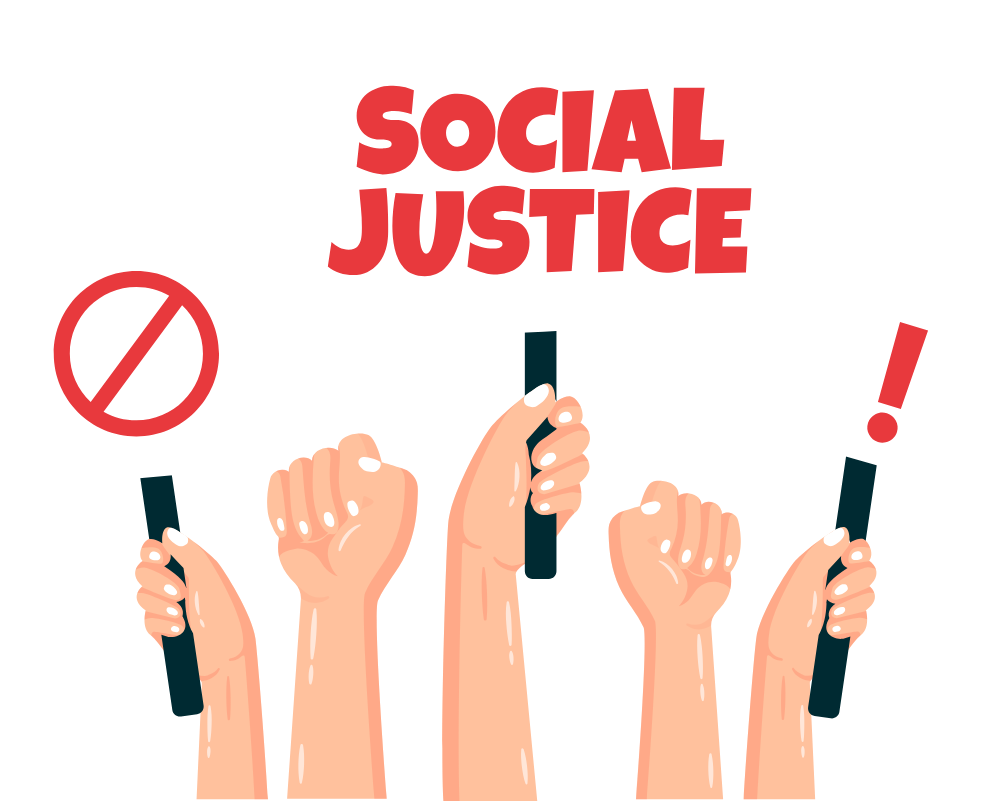
Introduction
Youth are the heartbeat of every nation. They carry within them the dreams, energy, and creativity that shape the future. Youth empowerment means giving young people the tools, opportunities, and confidence they need to take charge of their lives and contribute meaningfully to society.
When empowered, youth can become agents of positive change — leading innovation, promoting equality, and solving the world’s toughest challenges.
What Is Youth Empowerment?
Youth empowerment is the process of enabling young people to develop their skills, self-belief, and sense of responsibility. It’s about creating an environment where they can think independently, make decisions, and take actions that influence their future.
True empowerment is not just about providing education or jobs — it’s about building confidence, leadership, and vision among young individuals.
Why Youth Empowerment Is Important
- Driving Social Change: Empowered youth question injustice and work for equality, peace, and sustainability.
- Boosting Economic Growth: Skilled and confident youth contribute to innovation and entrepreneurship.
- Strengthening Democracy: Informed youth actively participate in politics and civic activities.
- Encouraging Innovation: The creativity and energy of youth can lead to breakthrough ideas and solutions.
- Building a Stronger Nation: A country’s true strength lies in the empowerment of its youth.
Key Pillars of Youth Empowerment
1. Education
Education is the foundation of empowerment. It builds knowledge, critical thinking, and awareness. Every young person deserves access to quality education that prepares them for real-world challenges.
2. Skill Development
Empowering youth with vocational and digital skills ensures employment and entrepreneurship opportunities. Skill-based learning helps them become job creators, not just job seekers.
3. Employment Opportunities
Governments and organizations must create jobs, internships, and startup support programs to help youth become self-reliant and productive members of society.
4. Leadership and Participation
Encouraging youth to take part in community service, politics, and decision-making builds leadership and civic responsibility.
5. Mental Health and Motivation
Empowerment is incomplete without emotional well-being. Guidance, counseling, and motivation help youth stay focused and resilient in the face of challenges.
Role of Government and Society
To truly empower youth, collective effort is needed:
- Governments should implement youth-friendly policies and education reforms.
- NGOs and social groups can run training and awareness programs.
- Businesses can mentor and support young entrepreneurs.
- Families and educators must encourage creativity, discipline, and confidence.
Together, these efforts create a culture where young people are heard, supported, and respected.
Inspiring Quotes on Youth Empowerment
“The youth of today are the leaders of tomorrow.” – Nelson Mandela
“Empower the youth, and you empower the nation.”
“Don’t wait for opportunities — create them.”
Conclusion
Youth empowerment is not just an idea — it’s a movement toward progress and transformation. When young people are educated, motivated, and supported, they become unstoppable forces of change.
An empowered youth population means a stronger economy, a more equal society, and a brighter future for all.
It’s time to believe in the power of youth — because they are not just the future, they are the present force shaping our world.
